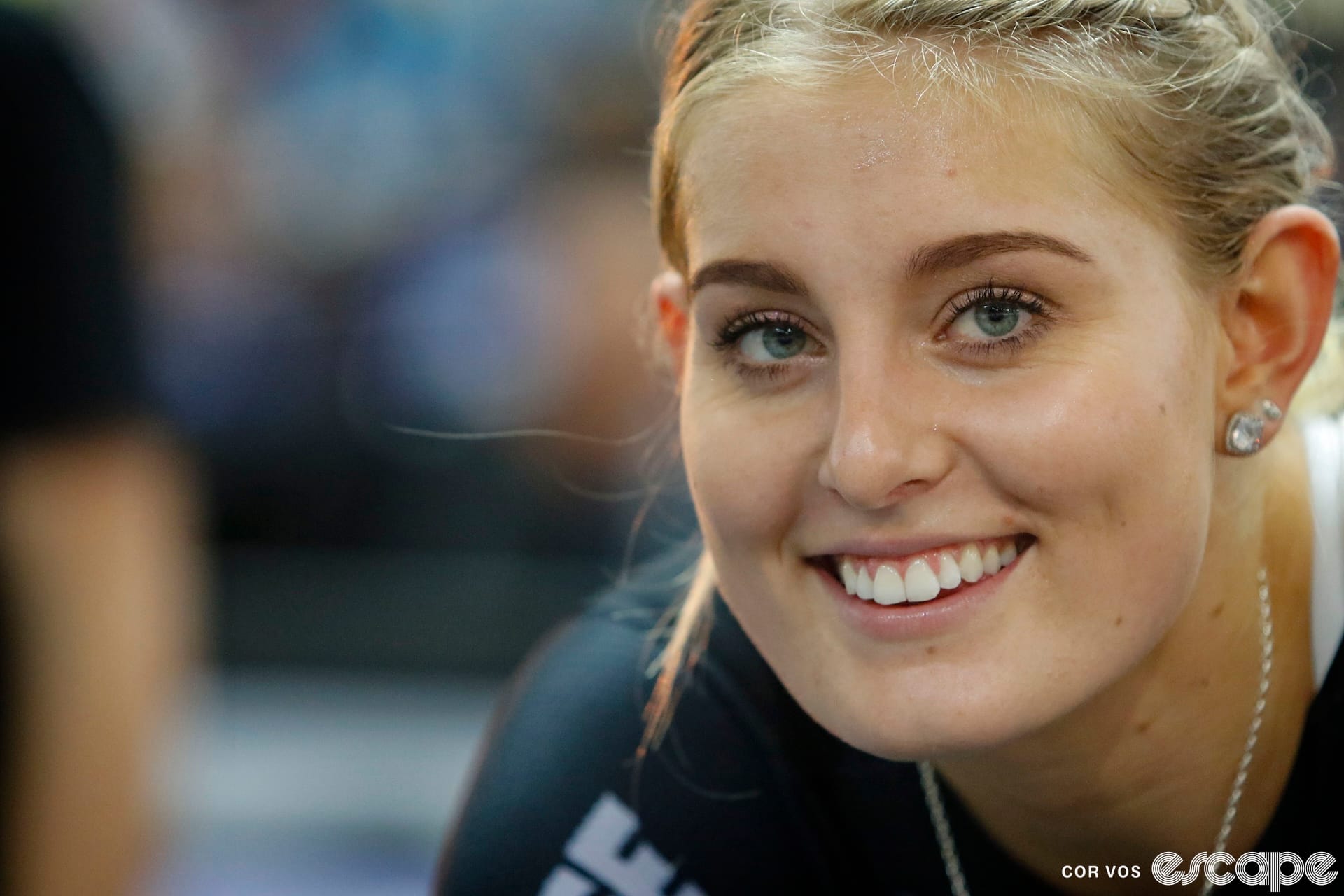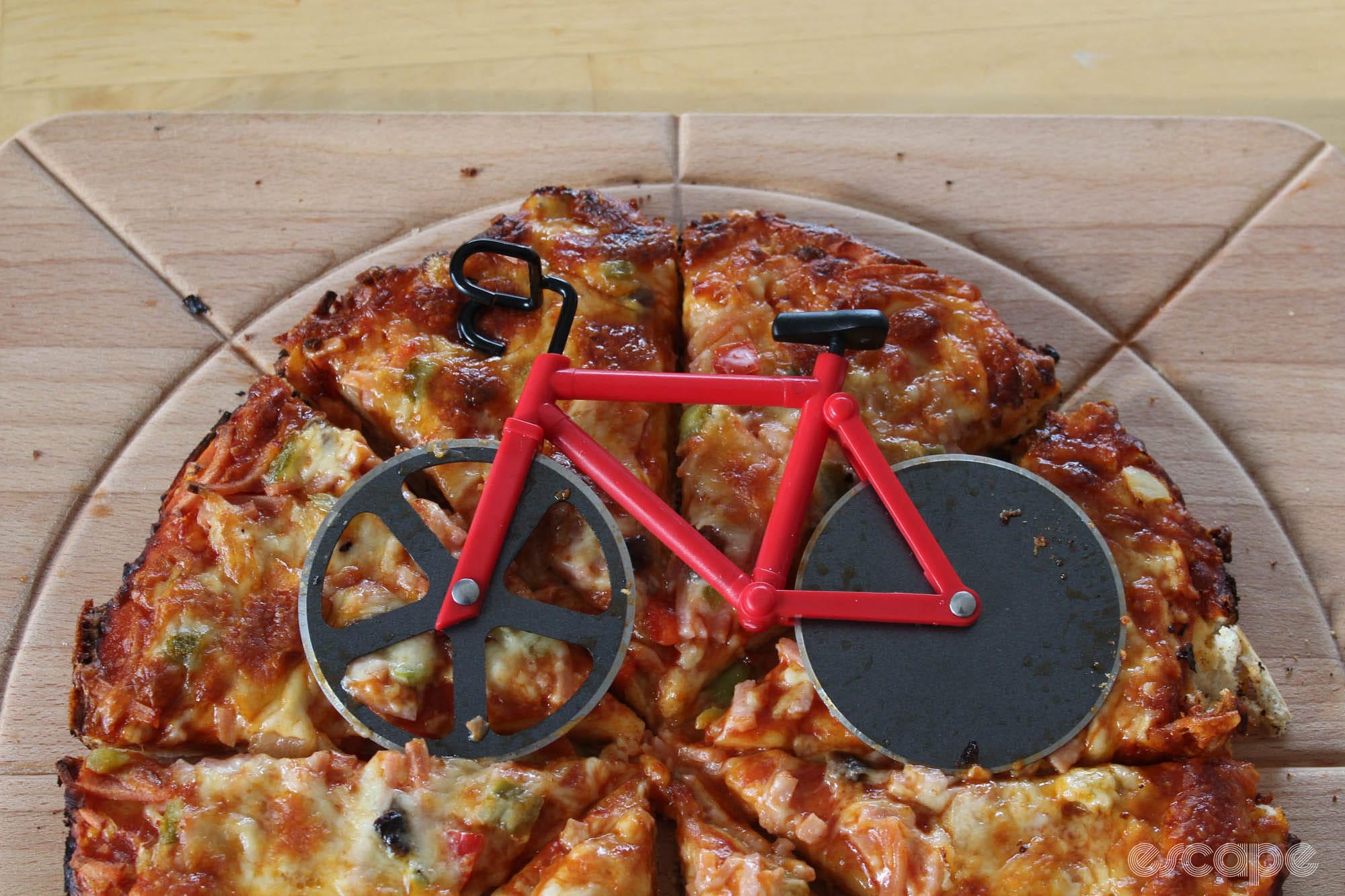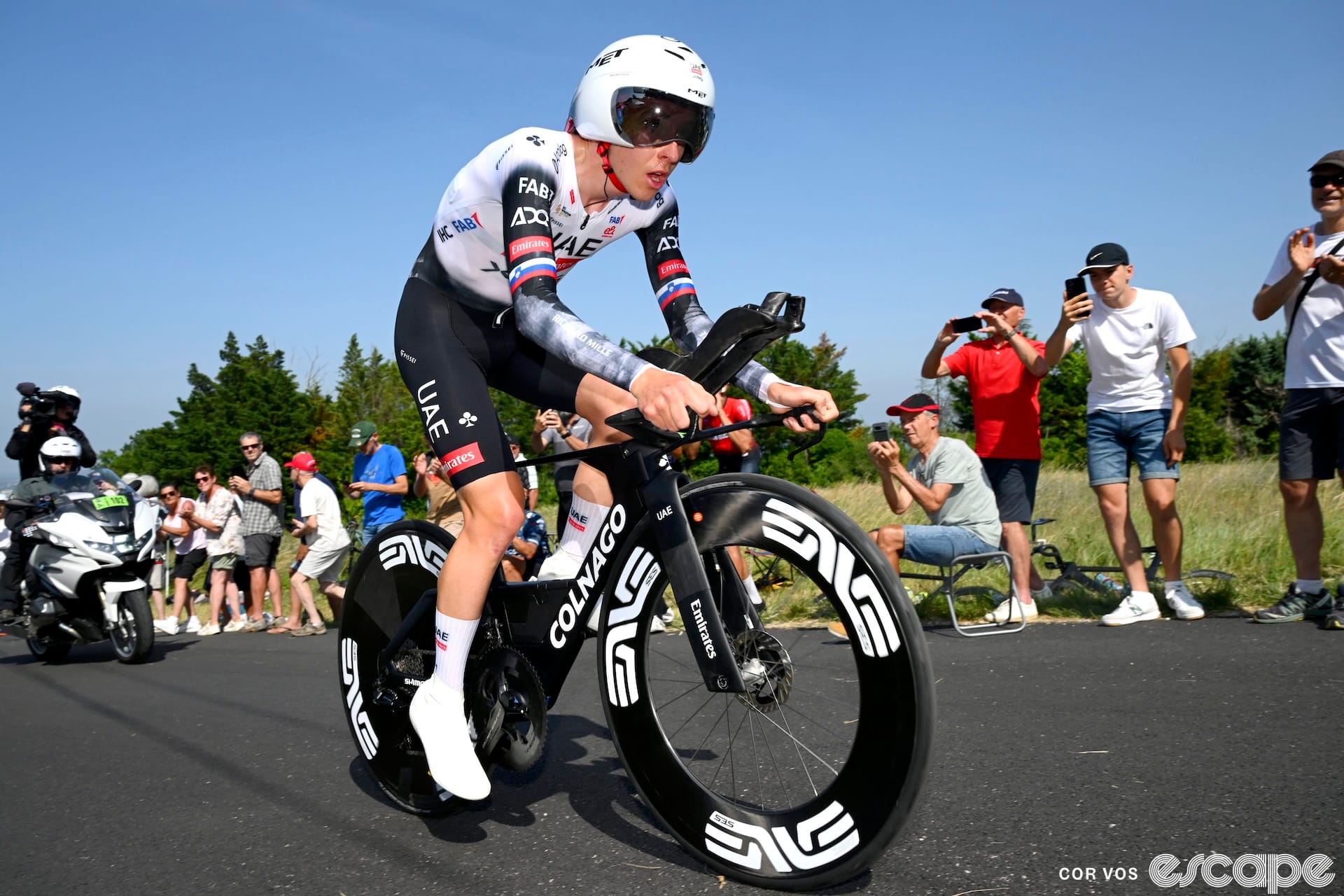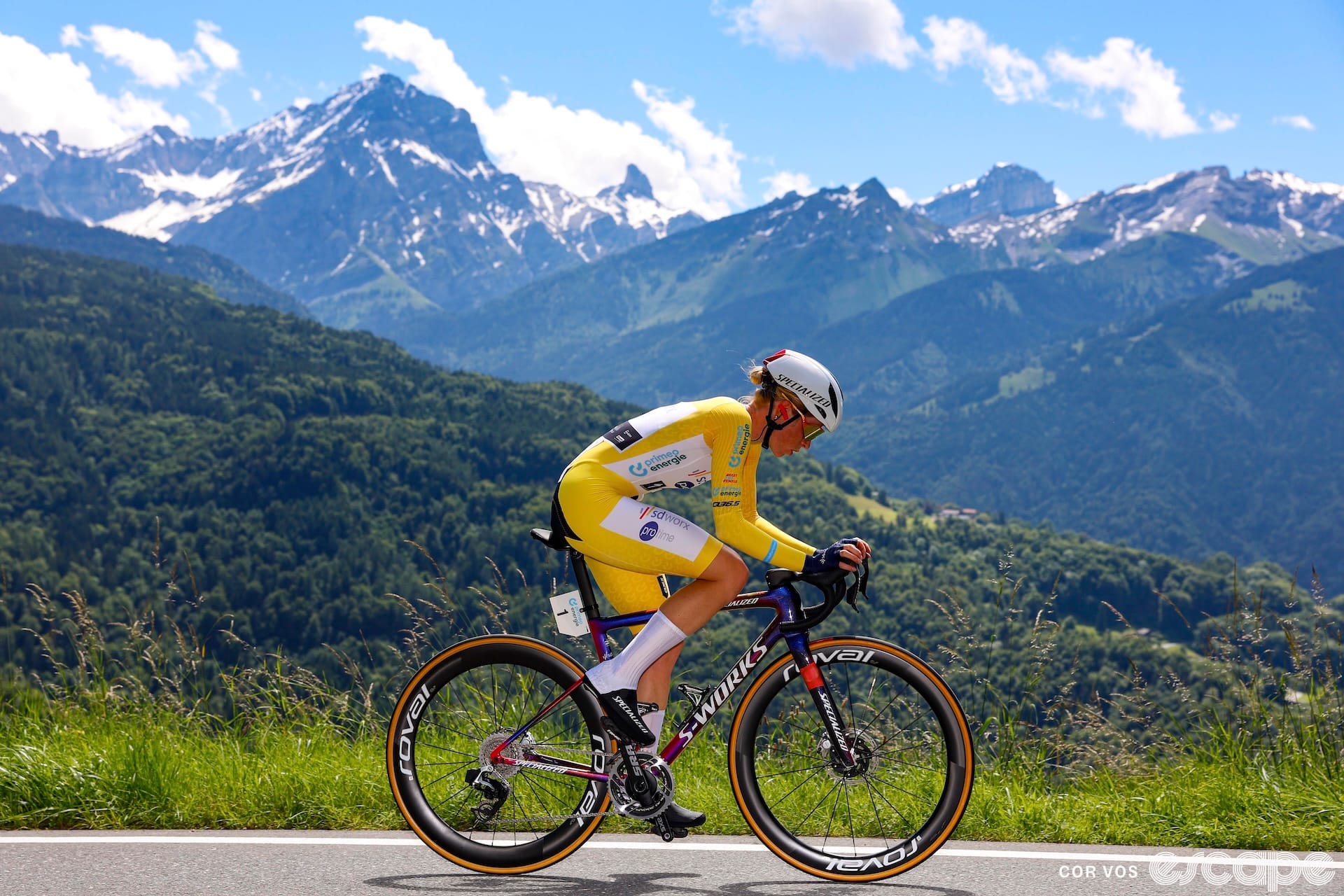The inquest into the death of Olivia Podmore concluded in Christchurch, New Zealand on April 23rd with an unsparing set of findings on the failures of two of the country's sports institutions. Podmore, a 24-year-old track racer and 2016 Olympian, died of suspected suicide on August 9th, 2021. The New Zealand Herald reported on coroner Louella Dunn delivering the findings to be addressed in court. Dunn's inquest worked to answer the following questions:
- What were the circumstances of Podmore’s death?
- What did High Performance Sport New Zealand (HPSNZ) and Cycling New Zealand (CNZ) know of Podmore’s challenges before her death and did they have sufficient knowledge to help her?
- What steps did they take and were they appropriate to address the health challenges?
- If another athlete had the same mental health issues today as Podmore experienced, would the response from HPSNZ and CNZ be different?
Podmore began her career as a BMX rider before transitioning into the velodrome to be a part of New Zealand's sprint squad. She represented her country at the Rio Olympics in 2016, Commonwealth Games in 2018 and a number of World Championships. One of many athletes who trained alongside her said, "You didn't have to be close to her to feel her energy in any room."
Although New Zealand had met the qualification criteria and earned a start spot in the team sprint at the 2021 Olympics and Podmore would have been a likely team member, the country did not elect to send a squad for the event, and subsequently Podmore was not selected for her second Olympic Games. Her death came one day after the conclusion of the track events at Tokyo.
Did we do a good job with this story?





